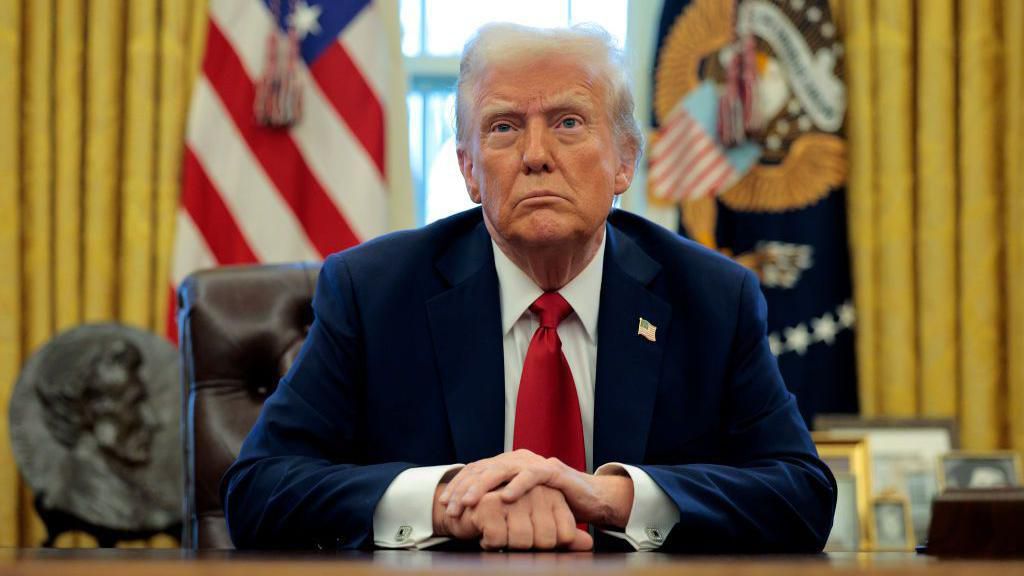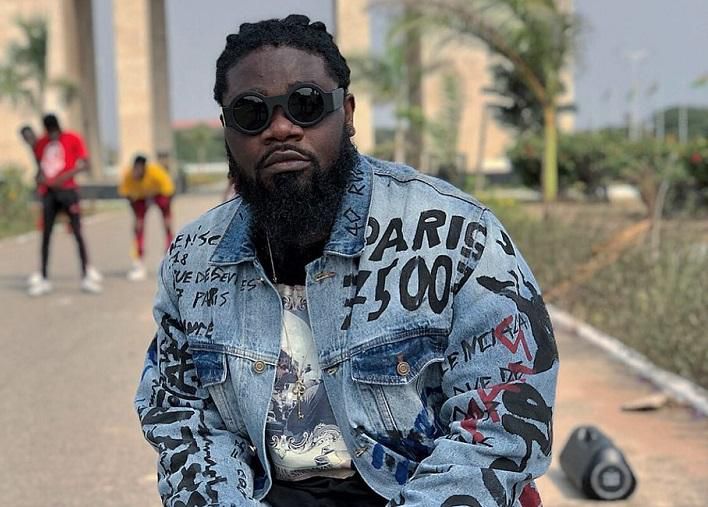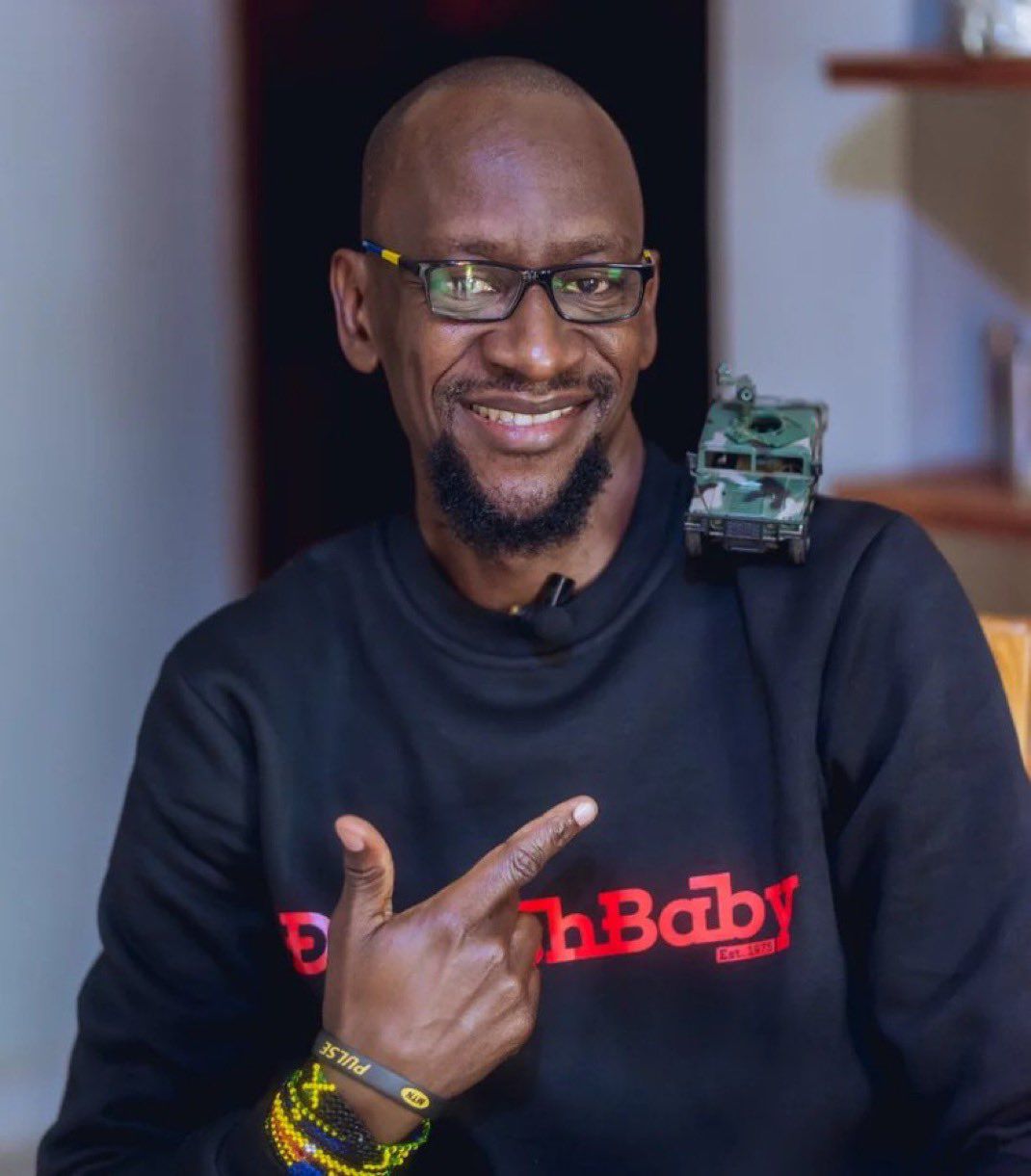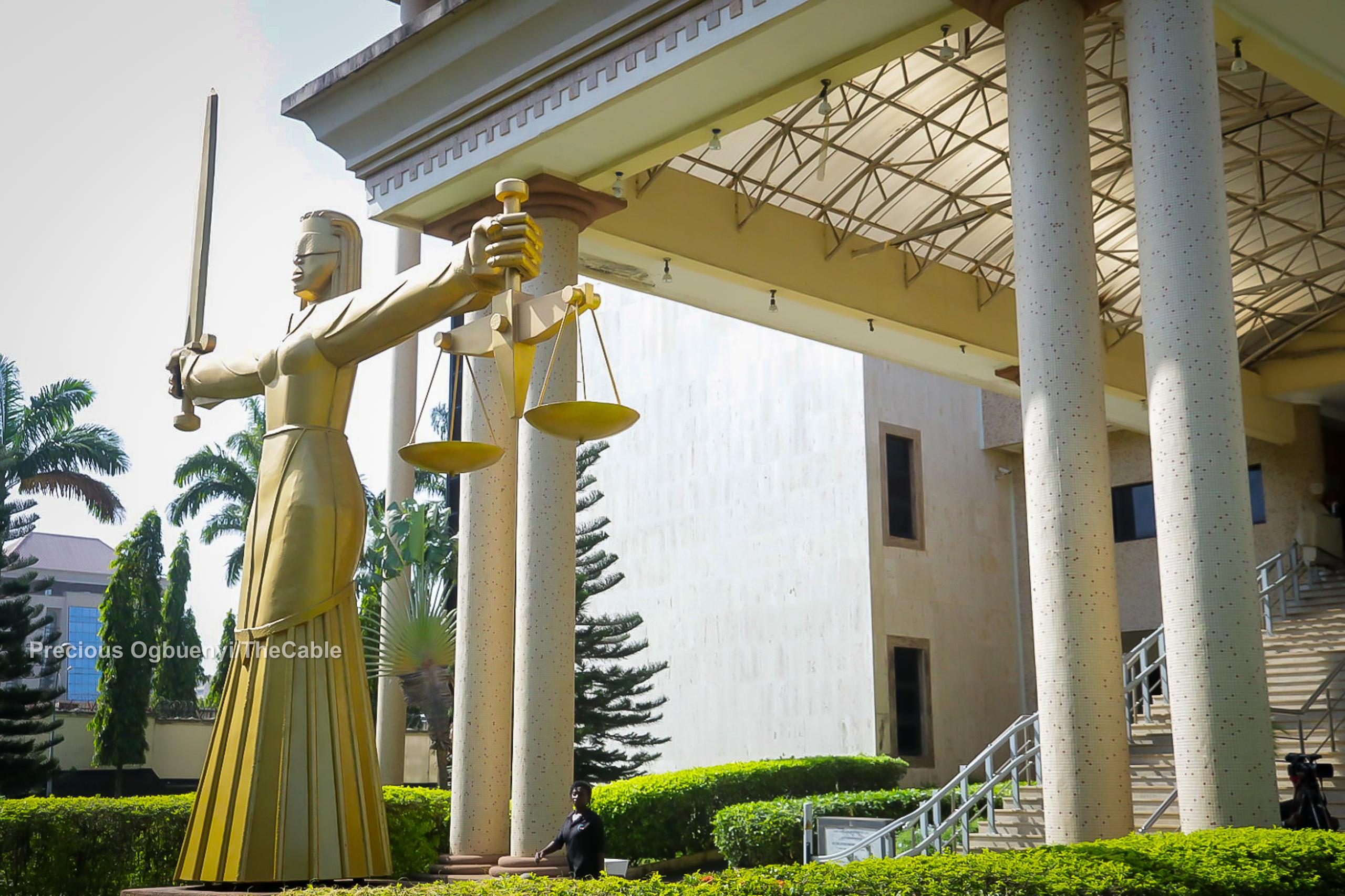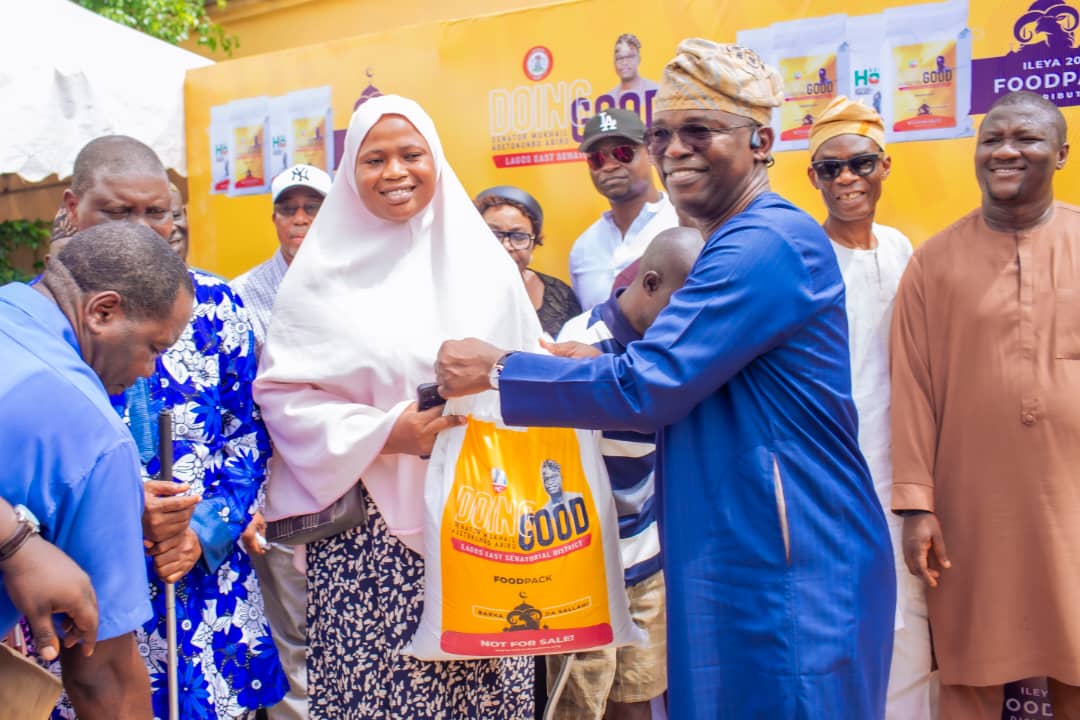2027: Dilemma of Labour Party on coalition
AT every twist, the song of disunity in the Labour Party (LP) is loud; a song giving affirmation to the saying that “a house divided against itself will not stand.’ The party, once seen as both a strong contender for power and the bastion of opposition politics ahead of the 2023 polls, has regrettably floundered, showing no signs of providing the alternative platform of choice to voters as the 2027 elections beckon.
Observers are wont to ask whether the opposition community, particularly the LP and the Peoples Democratic Party (PDP), is not making the task of the ruling All Progressives Congress (APC) and President Bola Tinubu easier in the months ahead with the intractable leadership crises in the folds. Not even an April 4 intervention by the Supreme Court, meant to rest the leadership mudslinging, has helped matters. Rather, it would appear that the apex court’s judgment, which recognises the power of political parties to resolve their internal quarrels, using internal mechanisms as against resorting to judicial interference, has at best, exacerbated the kickboxing.
The LP, clearly factionalised into two broad camps, is fighting itself. One camp -the National Caretaker Committee (NCC) -has a former Minister of Finance, Senator Nenadi Usman, as the Chairman. It has top members, including the Governor of Abia State, Dr Alex Otti, the LP’s 2023 presidential candidate, Mr Peter Obi, Senator Victor Umeh, Senator Ireti Kingibe, Senator Darlington Nwokocha, and the House of Representatives LP Caucus Leader, Honourable Victor Ogene, among others as members.
A second visible faction is led by the national chairman of the LP, Mr Julius Abure. This camp, which occupies the Utako national secretariat of the party, says it is in control of all the structures of the LP in the 36 states and the Federal Capital Territory (FCT). For instance, the camp already conducted primaries and produced Mr George Muoghalu as the LP’s governorship candidate for the November Anambra State governorship poll.
While the Usman-led NCC firmly subscribes to the position that the tenure of the National Working Committee (NWC) led by Abure had long expired, a position it said was affirmed by the April 4 Supreme Court judgment, the Abure-led NWC is of the unshakable stance that if anything, the court actually vindicated his leadership by recognising the role of parties in fixing their internal cracks, a duty it claims Abure had since completed.
There is no better evidence of the disunity in the LP than the current discussion among opposition groups to form a strong alliance targeting to wrestle the reins of power from President Bola Tinubu in 2027. The news media have been brimming with coalition talks where key actors, including former Vice President Atiku Abubakar, Peter Obi, former governor of Kaduna State, Malam Nasir el-Rufai, former transport minister, Rotimi Amaechi, and several other political notables, are involved across political parties -PDP, SDP, ADC, and of course -LP. Yet, for the LP, the party appears to dig its own pit of perdition. Its approach to the talks is foggy and confusing. Peter Obi and Nenadi Usman have on a number of occasions featured at the coalition talks, ostensibly on behalf of the LP. But, here is part of the discordant tunes. On May 23, the same Obi declared that he would continue to plan for the 2027 poll on the platform of the LP. Obi, while assessing the state of affairs of the opposition political parties in the country, pointedly stated that they were all engulfed in crises, leaving none as a safe haven. He blamed the crises in the PDP, the LP and others on government, whom he alleged instigated the problems in its plot to decapitate the opposition. Obi reaffirmed his allegiance to the LP, declaring that he would continue to contest election on the platform of the party.
Obi’s decision was contained in a viral video uploaded on the LP’s WhatsApp platform on Saturday, May 23, where he was seen addressing a session of young voters. A media outlet, Danroyce TV, had recorded Obi while he was having the interactive session. “I will still continue to run in the Labour Party. I’m a member of the Labour Party”, he stated as a response to a question on his next destination or party platform.
On a question concerning the disputes in the LP and why he had not resolved the issues, Obi answered, “What is happening in the Labour Party and the PDP is caused by the government. Quote me anywhere. We had a problem in our party before, in the past, (Umaru) Yar’Adua was the President. I went to him then; he called the (then) INEC Chairman Prof. Maurice Iwu, and told him I don’t want any problem in any party. We were forced to fix it. But today, in all the parties, there are problems. These are deliberate problems caused by the system. These are some of the things I want to clean up if I have the opportunity. Parties will function very well because you can’t have a system working without a strong opposition.”
Obi also spoke on the role voters must play if they must achieve a change in government, calling them to jealously guard their votes on the election day. He noted that though party agents were often recruited to protect the interest of a party, the ultimate protection of the votes and to ensure that they would count, must come from the voters themselves. Obi told the youth to be wary of the antics of those who did not want the old order of doing things to go, adding that they must sustain the pressure to uphold democratic values. He equally shared with the participant his views about the age of politicians, noting that he would have preferred there was a retirement age for politicians to avoid the current practice of people contesting election in their 70s and above.
Interestingly, the Abure-led NWC actually shared the video as well, suggesting approval of Obi’s decision to remain in the LP, only for the group to disown Obi again days later by tersely saying that there was no automatic ticket for anyone in the LP. This seemed not to have come as a surprise because Obi himself, just a day after he declared to remain with the LP, went to hold another meeting with a forum of northern political leaders deeply involved with the coalition talks.
While on the surface, it applauded Obi’s earlier decision to remain with the LP, the Abure group, in a new twist, quickly disowned him. Obiora Ifoh, the National Publicity Secretary of the camp, reacted, saying any thought that the group celebrated Obi’s decision should be banished. “I want to state emphatically that I was quoted out of context and therefore, the impression conveyed by the news was erroneous, inaccurate and does not in any way reflect the position and mood in the party. First, while we are not opposed to anybody running under the platform of the Labour Party in the 2027 general election, we need to make it categorically clear that the party has a long-standing rule on how its candidates shall emerge and automatic ticket is not one of the routes. Recall that at the party’s National Convention in 2024, the party had erroneously granted automatic tickets to our former Presidential candidate and the only governor of the party, however, that decision has since been rescinded and reversed after consulting the statute books”, Ifoh clarified.
The camp also observed that hours after Obi talked about running on the platform, he was seen at a meeting, which intention was to form a coalition, a move already rejected by the LP. The statement added, “Second, His Excellency, Peter Obi, hours after he spoke of his intention to run under the Labour Party, was on Sunday (yesterday) seen in a meeting of a pro-coalition group in Abuja without the permission and consent of the Labour Party leadership. This to us is really confusing and we think that Peter Obi has not come to terms with his intentions for the 2027 presidential race. We have consistently said that Labour Party will not go into any coalition or merger of any sort ahead of the 2027 general election, therefore, Obi’s continued association with the coalition is not only distasteful but unacceptable to the party. It is also an affront to the party leadership and we view his position as a total disregard to the party’s right to make decisions bidding its affairs. We are therefore by this statement, letting Nigerians know that the presidency for 2027 is open to anyone who wants to run under the platform of the party.”
The Abure camp’s reaction camp as Obi took to his X handle, to share the discussions he had with National Political Consultative Northern Group, where he said he spoke “passionately about the North, its resilience, untapped potential, and the urgent need for inclusive development and trust.” At the meeting, which had some prominent northerners like Atiku Abubakar in attendance, Obi said he “echoed how we have underutilised our resources, especially in the North. One of our greatest physical assets in Nigeria is our underutilised land mass in the Northern region, and I firmly believe that we can generate more revenue from agriculture than we currently make from oil.”
His post read: “I tried to cite some examples to show that it’s doable; Nigeria today produces about 10% of Bangladesh’s rice production, which is about 5-6 million tonnes of rice annually. Bangladesh, with a land area of about 148,600 square kilometres, is nearly the same size as just two northern Nigerian states: Niger State, which has about 76,300 sq km and Borno State, which has about 70,800 sq km, only these 2 states have a combined 147,100 sq km and so almost equal entire Bangladesh. Despite its relatively small land size, Bangladesh, with a population of about 170 million people, is a global 3rd global rice producer of 50-60 million tonnes. Meanwhile, these two states (Niger and Borno) have a combined population of just about 10 million people (Niger with around 4 million and Borno with about 6.2 million), which means Niger and Borno have more land space for cultivation than Bangladesh, yet both states cannot produce 5% of that. And sadly, this is the same situation across the vast land of Northern Nigeria. Taraba State, with a land area of 54,400 square kilometres, has the potential to produce significant quantities of tea and coffee for the world.
“For comparison, Sri Lanka, which makes between $1.5 to $2 billion annually from tea exports, has a land area of just 65,610 square kilometres, which is barely larger than Taraba State. Because there are 22 million people in Sri Lanka and Taraba has just about 4 million people, Taraba has more space for agriculture and cultivation than the whole of Sri Lanka, but the land in Taraba is under-utilised.”
The former governor expressed his belief that the “North holds immense potential to transform Nigeria through agriculture.” He added, “Ukraine has become a world grain powerhouse and, despite being at war, is donating grain to help Nigeria fight hunger, when northern Nigeria, with over 720,000 sqm, is 20% larger than Ukraine’s 600,000, and we are accepting grains from Ukraine without shame. On the issue of education, it’s almost the same story. The majority of the over 20 million out-of-school children in Nigeria are in the North.
“Just this year alone, I have travelled by road from Abuja to Kafanchan, Abuja to Kaduna, Abuja to Kano, Abuja to Nasarawa and Jos, Abuja to Dutse, and many other parts of North. In some of these places, I spent time with the children in Almajiri schools, and I can tell you, these children are eager to learn. If children can memorize the Qur’an, then in those same spaces, they can also be taught English, Mathematics, and Science. If they can’t access formal schools, then let’s take the schools to them, just like it’s already being done successfully in parts of Kaduna.
“We must stop seeing these children as a problem. They are our greatest human assets. With the right investment in teachers and basic educational tools, there would be transformation not just for the children, but for the entire communities. This is how we change the North. This is how we lift people out of poverty. Imagine channeling the over ₦7 trillion uncovered in the padded budget into these critical areas of insecurity, education, healthcare, and agriculture. The impact on the safety of our communities, farms, improvement in our education, healthcare, agricultural production will be immeasurable. Our leaders must have compassion and start investing in humanity and the people.”
However, the NCC led by Usman thought differently as it declared backing for the coalition talks. Referring to Abure and those in his camp as “former members” of the party, the Senior Special Adviser (Media) to Usman, Mr Ken Eluma Asogwa, in a statement, said the NCC “expressly approved and endorsed Peter Obi’s participation in the ongoing patriotic convergence of well-meaning Nigerians.” The camp added: “It is worth reiterating that Obi has consistently maintained that his interest lies solely in a coalition focused on eradicating hunger, insecurity, and poor governance – a vision that aligns squarely with the founding principles and aspirations of the Labour Party.
“It is therefore baffling that individuals who have been shown the exit door for their anti-party activities now seek to question a move so clearly rooted in national interest. One is left wondering whose agenda Julius Abure and his cohorts have truly been advancing. Is it that they disagree with Obi and the Labour Party that Nigeria is presently facing an unprecedented crisis requiring collective action to salvage? While the Labour Party wholeheartedly welcomes the coalition movement driven by the Nigerian people, we also reaffirm Peter Obi’s unequivocal right to contest the 2027 elections under the Labour Party platform – should the ongoing coalition efforts fail to materialise.”
More interesting scenarios -the two camps, as of the moment, are planning for separate congresses to culminate in a national convention ahead of the 2027 general elections. The question on the lips of observers is whether this time round, the LP will produce two presidential candidates for the next election? The Independent National Electoral Commission (INEC), which so far has been playing the Ostrich, has failed to take a position on which of the factions it has recognised officially, nor given any form of application to the Supreme Court’s judgment.
Analysts are hypertensive over the unfolding dance of shame by the LP’s stakeholders, yet hope the stakeholders have ample time to salvage the party and return it to the dignity of the past. “I would say it is most disappointing that with the caliber of personalities in the LP, whichever camp, they have been unable to resolve this dispute. Success in most political disagreements is achieved through compromise, which accommodates a give-and-take approach,”a political scientist, Dr Hamdala Ardo, posited. “This is not the time for unnecessary ego display or clout-chasing; the parties can summon a joint meeting, sit and iron out issues. I believe someone like Mr Peter Obi can lead the way in this regard.”
His views are not different from those of Chief Osi Odale, an Abuja-based opinion leader, who blames the quarrels in the LP simply on “interests.” He explained: ”These interests may have the imprints of unseen hands as part of the scheming for the next phase of elections. So, the ball is in the court of the Labour Party stakeholders to decide whether to redeem the party or allow the self-destruction to continue.”
